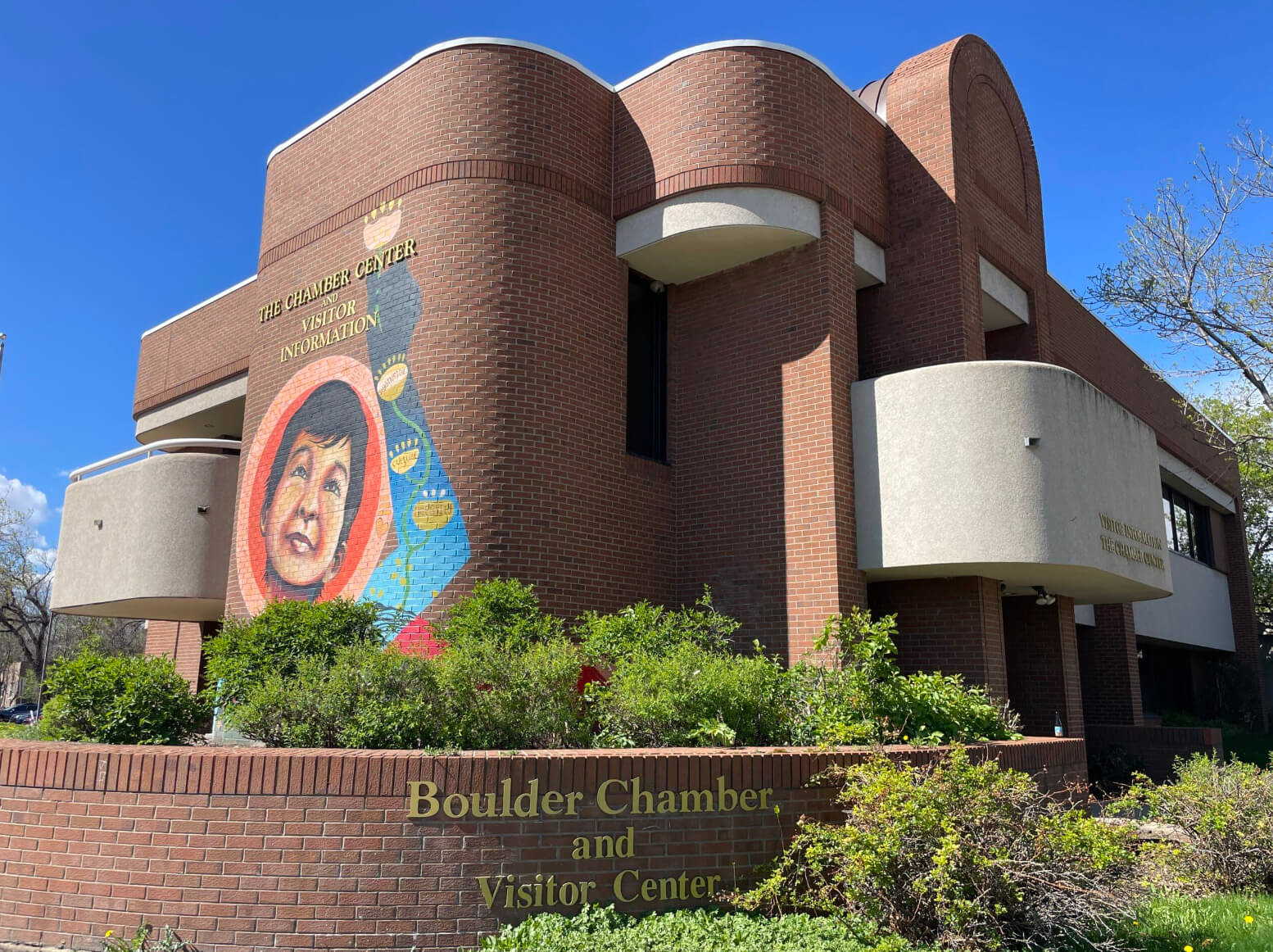Boulder Chamber View: The Essential Role of Black-Owned Businesses in Shaping Boulder’s Economic Future

February 10, 2025
Originally published by Daily Camera, February 10.
As February commemorates Black History Month, a time to celebrate the achievements of Black Americans, I write this op-ed to shine a light on a crucial but often overlooked pillar of our economy: Black-owned businesses.
Boulder prides itself on being a place where bold ideas transform into thriving enterprises. It is a city that attracts visionaries, celebrates risk-taking and builds economic success on ingenuity. But as we champion that entrepreneurial spirit, we must ask ourselves: are we creating space for all innovators? Or are we allowing valuable opportunities to go untapped?
Our future economic progress demands that we ensure all entrepreneurs, regardless of background, have access to the resources they need to thrive.
The numbers tell a compelling story. Black-owned businesses are a driving force in Colorado’s economy, generating billions in revenue, creating thousands of jobs and enriching the state’s cultural and entrepreneurial landscape. According to the 2023 U.S. Census Annual Business Survey, Colorado was home to 2,086 Black-owned businesses in 2022, employing nearly 18,000 workers and generating $2.4 billion in sales. These businesses provided over $800 million in payroll to employees, directly contributing to the economic well-being of communities across the state.
While these figures highlight significant contributions, Black-owned businesses still make up a disproportionately small share of Colorado’s business landscape. A Brookings Institution study found that the estimated 1,052 Black-owned businesses in Metro Denver account for just 1.5% of all businesses, despite Black residents comprising approximately 5.2% of the population. This disparity underscores both the systemic barriers Black entrepreneurs face and the untapped potential for their greater economic impact.
One of the most significant challenges is access to capital. Black business owners often encounter greater difficulty securing bank loans or venture capital investments, even with strong credit and viable business models. A report by the Minority Business Development Agency found that among firms with gross receipts under $500,000, minority-owned businesses experienced a loan denial rate of 42%, compared to 16% for non-minority-owned firms. It’s not surprising, therefore, that the Federal Reserve’s Small Business Credit Survey found only 66.4% of Black, Indigenous and People of Color business owners receive at least some funding requested from banks, as compared to 80.2% of white business peers. As a result, many Black entrepreneurs are forced to rely on more limited resources, such as personal savings or community-based funding — placing unnecessary constraints on their growth and ambition.
Once off the ground, Black-owned business struggle for long-term viability. Despite a high rate of Black Americans starting businesses (20%), a very small percentage (only 4%) of those businesses actually succeed past the initial startup phase. The McKinsey Institute for Black Economic Mobility finds a number of factors contributing to this high failure rate, including challenges of access to capital, expertise and services.
But here is the good news: we have the power to foster a more inclusive entrepreneurial economy.
As one example, the Boulder Chamber’s Equity Amplification Program actively engages Black-owned and -managed business leaders through mentoring, networking and marketing support. This initiative expands their visibility and provides vital resources, connections and opportunities to help underrepresented business owners thrive in Boulder’s dynamic economy. Similarly, the CU Boulder Buy Local Program, launched in April 2024, streamlines support for local and minority-owned businesses by connecting them with university departments and student organizations seeking goods and services. In the tech sector, Access Mode, a Colorado nonprofit, collaborates with the Techstars Foundation to empower diverse tech founders, offering early-stage startups the resources to break industry barriers, including $20,000 in equity-free seed funding for accepted startups.
The question is no longer why we should support Black-owned businesses; the data makes that case. Every dollar invested in Black entrepreneurship strengthens the entire economy. When Black-owned businesses thrive, they create jobs, build wealth and drive innovation that benefits everyone. A city that prides itself on being a leader in innovation should strive to fully embrace the economic potential of its diverse entrepreneurs.
As we celebrate Black History Month, let us go beyond recognition and commit to action — ensuring that Black-owned businesses have the support they need to thrive.
Not just in February but every day of the year.
